
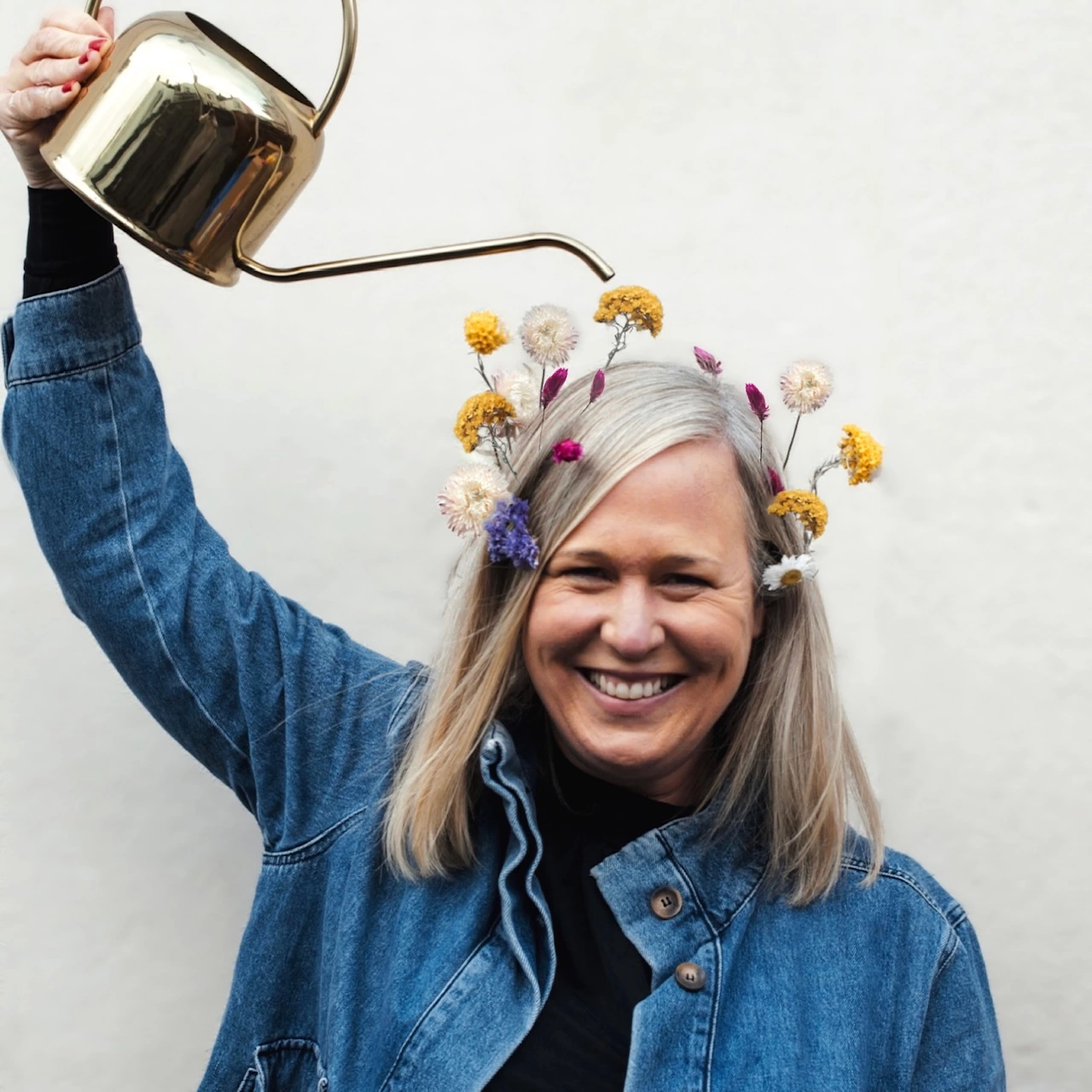
Giving your products soul through emotional connection
7TH SEPTEMBER 2023
How can you create products that connect with customers? Products that are more than just functional but meaningful or emotionally helpful too? Read on for expert advice from the brilliant owner of Department Store for the Mind, Kate Peers.
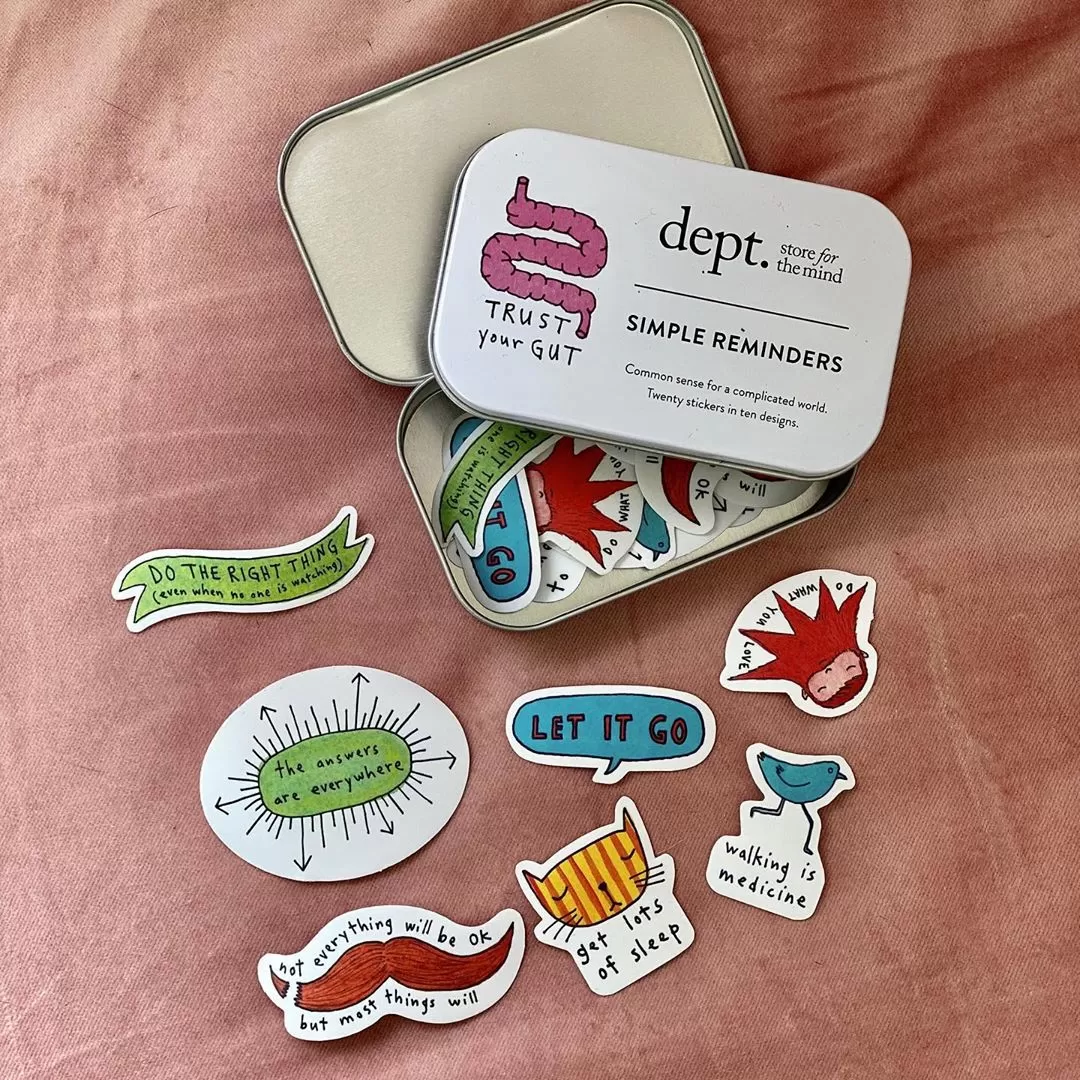
How to make emotional connections through products with soul
Mindfulness is everywhere, and the pursuit to build a business with ‘soul’ is becoming almost essential to success. Creating products that mirror our need for connection has never been more important, and ultimately, could be the key to growing a loyal community built upon trust, honesty and openness.
But how can we master the magic process of developing products that speak to our souls, and are built upon a purposeful foundation? Enter Kate Peers, the force behind Department Store for the Mind, a hub for all things wellbeing, with a product offering spanning everything from homeware and gifts, to stationery, prints and stickers, all with the same simple aim; to act as a reminder to nurture your mental health.
Build positive emotional connections with consumers and promote positive mental health
Kate says, “I create the products I do because so many people struggle to talk about their mental health, perhaps out of embarrassment or shame, or simply the fact that they strive for perfection. Thankfully now that’s changing, and hopefully my brand is helping.” Kate joined us to share how she creates and curates a selection of products with depth and meaning, which — most importantly — resonate with the consumer mindset of today.
The future of the wellness industry and how it was impacted by the pandemic
Kate’s own interest in mental wellness was triggered from childhood, but in recent years, she has seen a change in attitude. She said, “My mum suffered with depression after her first husband committed suicide, so I had always been very aware of mental health. There has been a huge shift in people’s approach, especially over the past year, and I’ve seen my customer base broaden greatly.” That was back in 2020, which was one of her busiest years to date.
There’s no denying that the pandemic period allowed businesses to tap into a wider range of emotion than ever before, with important conversations around mental health becoming (thankfully!) more prevalent in the mainstream.
Kate told us how Department Store for the Mind saw a 500% increase in sales since the start of the pandemic, which is proof enough that consumers became more in touch with their innermost thoughts, potentially due to having more time at home during periods of lockdown. But what happened after that?
There’s no denying that the pandemic period allowed businesses to tap into a wider range of emotion than ever before, with important conversations around mental health becoming (thankfully!) more prevalent in the mainstream.
Consumer behaviours around mental health and wellness — and what this means for businesses
The way the pandemic shifted our way of life has reinforced the importance of owning our own mental health, and how it is our responsibility to ourselves to become equipped with the tools — and products — necessary to help reconnect internally. Kate says, “My products are a simple reminder for people to check in with themselves regularly. Some of my closest friends now think about their own mental health, even if they’ve never had to before.” The need is there and independents can help. Plus if you need a break yourself, read our self-care tips for small business owners.
How Kate Peers came to run Department Store for the Mind
Having bought the Department Store for the Mind brand from a friend after visiting her wellness retreat, Kate saw an opportunity to make a living out of something she was passionate about, and felt aligned with its mission to place soul and purpose at the forefront of her work.
“I saw these mindful products which I adored being sold at the retreat, so as soon as I got home I got in touch with the owner who happened to live near me, and we instantly clicked. I wanted to be a part of this story to help others.” she shared. Having taken on the company, Kate has stuck with the same business model but expanded to another level, knowing that she wanted to create products that gave people the hope, strength and happiness that she so needed when she was going through her own mental health journey.
What is a product with soul?
So what truly defines a product with soul? Adding the ‘experience-factor’ to help spark a new market need is a great place to start. Having lost her mother in her twenties and her father many years ago too, Kate understood how opening up about her own mental health, and creating a space for the products she wished she’d had access to, could hold the key to helping others — all by tapping into shared experience.
She said, “It’s only been when other friends have lost their own parents that they understand. I want to help people who have been through similar things by providing little snippets of guidance to make them smile again.” Noting the feelings of isolation and shock she felt in these times of grief, Kate made it her mission to create products with purpose. “I felt there was nothing out there to give me any support or help. My ambition was to change that.”
How to be honest and engage customers through products?
When it comes to her own mental health, Kate doesn’t feel like she has to put on a brave face just because of the job she does. “Initially I thought I should, but no-one has their mental health completely sorted, even if they think they have,” she told us, reiterating the idea that honesty is always the best policy when seeking genuine connection with your customers, and having learnt that creating products that allow her to find common ground with her community would set her apart. And marketing them thoughtfully would too (if you’re wondering ‘What is Thoughtful Marketing?’, read our article).
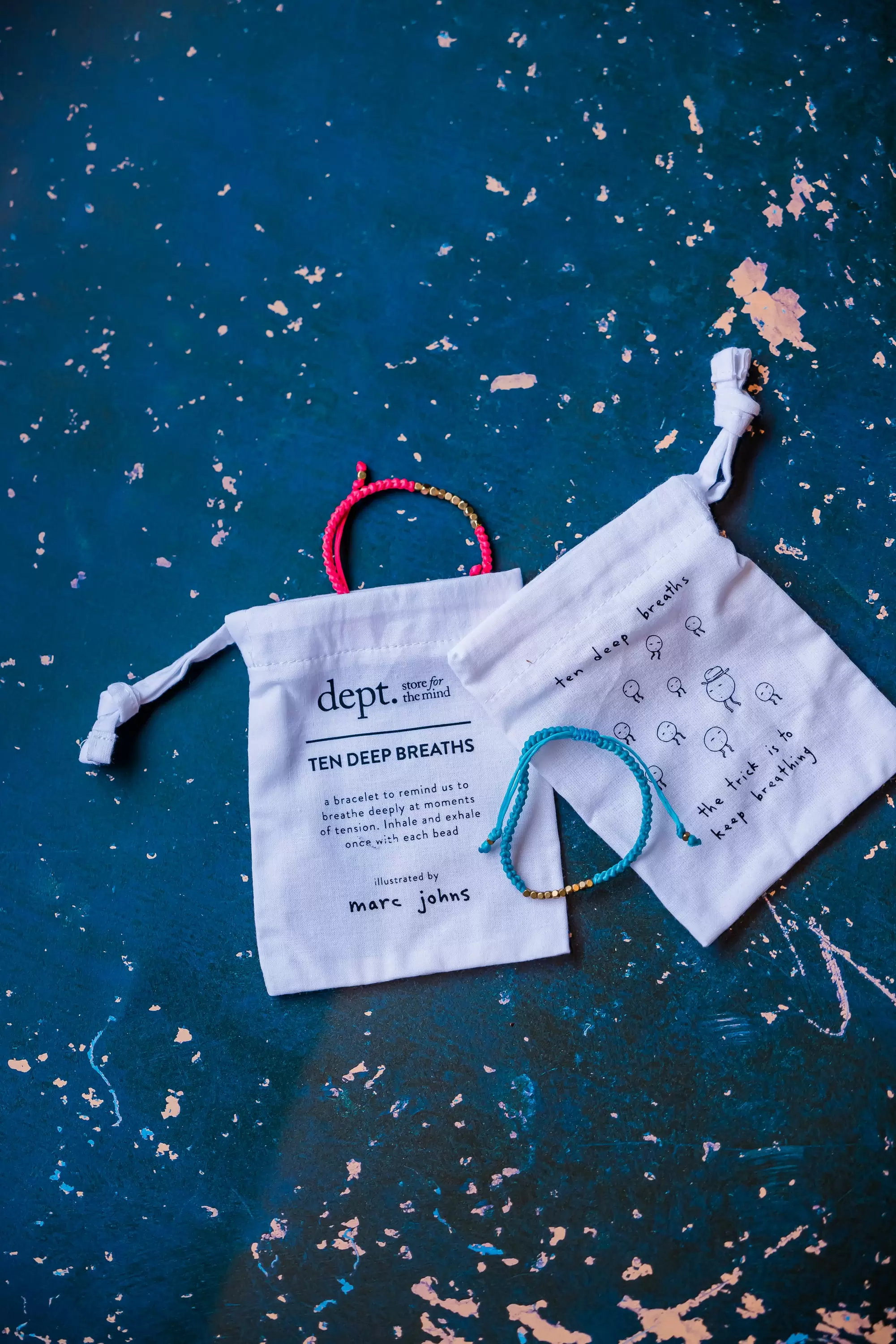
Kate understood how opening up about her own mental health, and creating a space for the products she wished she’d had access to, could hold the key to helping others — all by tapping into shared experience.
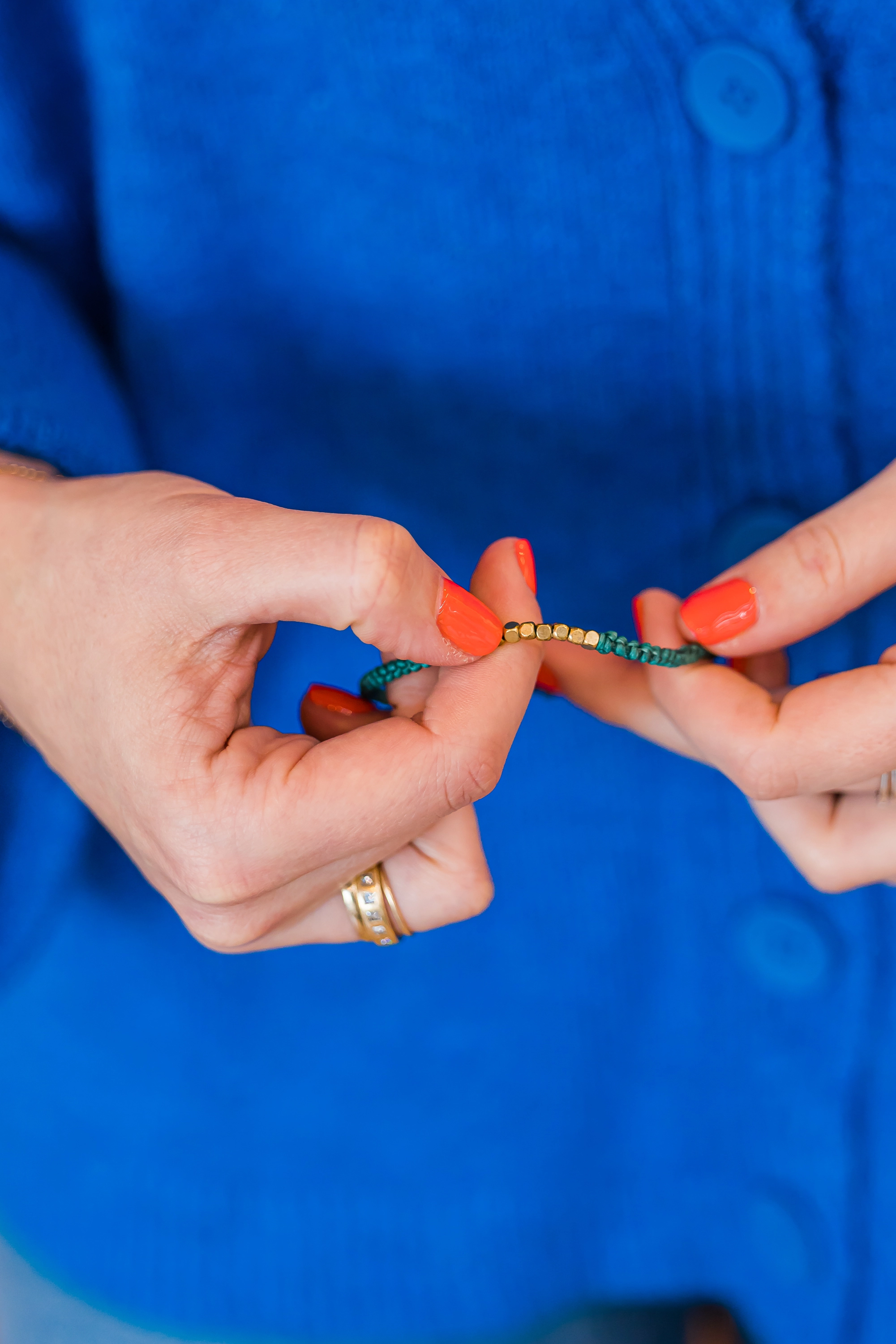
Creating products for your customers from personal experience
Kate carries the notion of being honest through every stage of her business, with a focus on looking to her customer base when developing new products. In fact, her nine-year-old son, who suffers with autism and ADHD, inspired one of her collections, aptly named Unwind Your Mind. Kate says, “When he was three, we realised that his behaviour was different, and it’s been a five year battle to prove that he’s not just being naughty.” Her aim was to normalise her son’s feelings, which is something she mirrors in her hopes for her community and throughout the entire product range.
Curating products through mood not just category
Department Store for the Mind’s product selection is carefully curated by mood, including ‘muddled’, ‘anxious’ and ‘fragile’, as Kate has learnt that not everyone knows exactly how they’re feeling until they see the word in front of them. “With wellbeing, it’s easy to say, ‘I’m fine’, but people don’t always know how they’re feeling, so if they see a word that draws them in, they’ll shop from that word,” she told us.
Kate launched her Unwind Your Mind journal, at a time when arguably it was needed the most — during the first lockdown. Incredibly, she sold around 10,000 copies, proving just how many people were suffering in silence. “The act of writing down your thoughts and feelings seemed to resonate with so many people,” Kate said. “It’s a simple yet effective book designed to help you break free from common negative thinking habits, which can often make you feel sad, worried, angry or stressed. Instead you will feel lighter, clearer and more empowered, helping you unwind your wonderful mind.”
Giving a product soul, and the benefits this brings
Department Store for the Mind’s signature products include the ‘Ten deep breaths bracelet’, which Kate told us works so well as, “It’s nice to look at, but also has a function”, as well as the simple reminder stickers and her ‘Little box of knots’, all of which tie into the idea of practical products that can offer beneficial emotional results, something Kate champions as part of her brand ethos.
So what is the future for purposeful, soul-driven products? Simply put by Kate, she thinks tuning out from the noise of modern day life is essential to our mental wellbeing, so anything that can be of help with that is worth pursuing. She told us how she thinks it’s important for her children — and the rest of the next generation — to understand the need to spend time away from social media and their phones in order to acknowledge the true value of their mental wellbeing, and the right products can be life changing. “My aim is to help as many people as I can and spread the word about nurturing mental health.” And how wonderful is that?!
Department Store for the Mind’s product selection is carefully curated by mood, including ‘muddled’, ‘anxious’ and ‘fragile’, as Kate has learnt that not everyone knows exactly how they’re feeling until they see the word in front of them.
Products with soul: key takeaways…
Here are the three main points to remember.
1. Adding a shared experience into products can spark connection:
When creating new products, remember why you started. Being able to tap into the purpose behind your business will lead to a genuine connection with your customers.
2. Produce products with honesty to engage customers:
As people, we all value the truth, and it doesn’t have to be perfect. In fact, we all know it isn’t. By carefully curating products that remain honest and true to yourself, you’ll build trust with your community that you just can’t fake.
3. Always ask yourself, ‘What does my customer need?’:
By always coming back to that very thing your community of loyal customers are crying out for, while staying in line with your brand values, you can’t go far wrong.
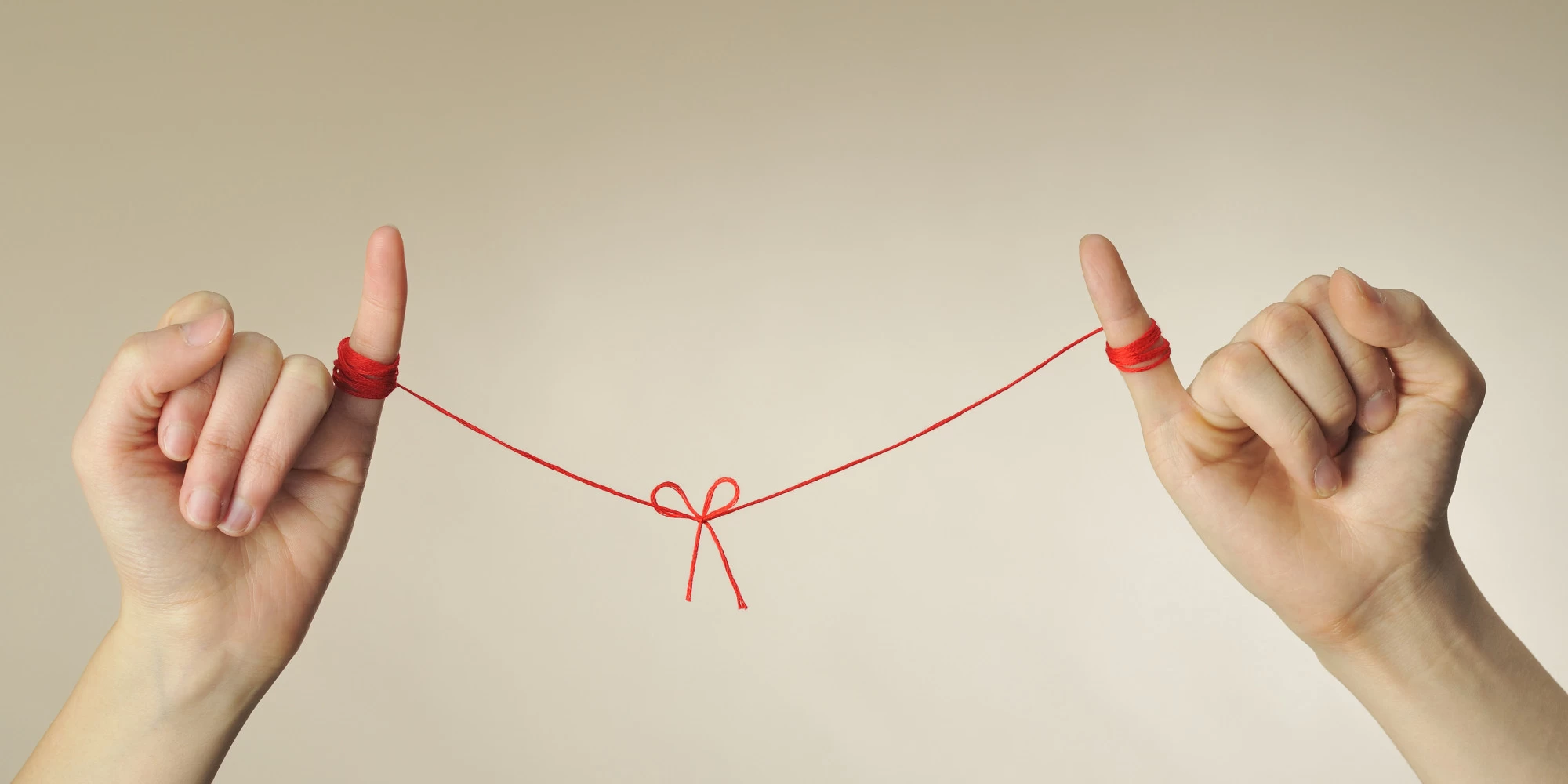
Images: Kate Peers — owner of Department Store For The Mind, 'Ten Deep Breaths' bracelet — by Department Store For The Mind
Related content
MORE ARTICLES ON PRODUCT & INNOVATION


Where and how to sell your products and services

